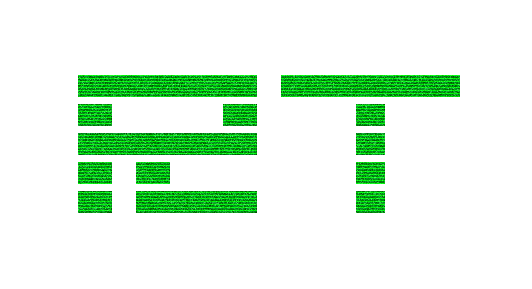Hey Lubbock, picture this: you’re sipping coffee at J&B, scrolling through your emails. One pops up that looks like it’s from a supplier, asking you to update your payment info for an invoice. The logo’s right, the tone’s professional, so you click the link and log in. Next thing you know, your bank account’s drained, and your business is in chaos. That’s the work of a phishing kit, and at Robb.Tech, we’re back with your Weekly Unsolicited IT Advice to keep our Lubbock community safe. Last week, we talked about quantum computers and future-proofing your data. This week, we’re tackling a threat that’s hitting us right now—phishing kits—and how to lock it out before it’s too late.
What’s This Phishing Kit Thing?
Phishing kits are like a scammer’s toolbox. They’re pre-made packages cybercriminals buy or download to create fake emails, texts, or websites that look exactly like the real deal—think your bank, your email provider, or even a local Lubbock business you trust. It’s not some genius hacker coding from scratch; these kits make it so easy, anyone with a laptop and bad intentions can trick you into handing over passwords, credit card numbers, or customer data. Just like those deepfake voice scams we warned you about a couple weeks back, phishing kits are another way crooks pretend to be someone they’re not.
Why Worry Now?
Here’s the deal: phishing is a massive problem, with over 3.4 billion phishing emails sent every day worldwide in 2025. Lubbock’s feeling the heat too—especially in lively spots like our 19th Street and Depot District, where small businesses are getting hit with fake invoices or login scams. At Robb.Tech, we’ve stepped in to prevent phishing attacks for local shops, setting up defenses to stop trouble before it starts. We’ve also helped new customers who came to us after a breach, digging into investigations and leading recovery efforts to get their systems and trust back on track. One wrong click can cost thousands or shake your customers’ confidence, with the average data breach hitting $4.62 million. With phishing kits making scams easier than ever, it’s not just big companies at risk—it’s us, right here in the Hub City.
Simple Steps to Stay Safe
You don’t need to be an IT pro to fight back, but if you’re running a business, your Accounts Receivable (AR) and Accounts Payable (AP) teams are prime targets for phishing scams like fake invoices or payment requests. Here’s how to keep them—and your whole operation—safe with some hard-and-fast rules:
- Verify Every Payment Request Directly: Scammers love sending fake emails pretending to be your vendor, asking for a “quick payment update.” Don’t click links or reply. Instead, pick up the phone and call your vendor using a number you already have—not the one in the email—to confirm any payment changes or invoices.
- Set Up a Strict Approval Process: For any payment or invoice over a set amount—say, $500—require a second person in your AR/AP team to approve it. Make sure they double-check the vendor’s details against your records, especially if the payment method or account number has changed.
- Train Your Team on Phishing Red Flags: Teach your AR/AP staff to spot warning signs: urgent language like “pay now or else,” typos in the email address, or slightly off logos. If an email feels even a little fishy, they should flag it and check with a manager before taking action.
- Add a Second Lock for Extra Safety: Use two-factor authentication (2FA) on all accounts tied to payments or financial systems. It’s like a deadbolt—scammers might get a password, but they’ll still need a code from your phone to break in.
Stay One Step Ahead
Phishing kits aren’t going away, but you can make yourself a tough target. Those steps are like a security system for your digital life, and we’re here to help you set it up. Don’t let some scammer with a $50 kit ruin your day—or your business. Got questions? Swing by Robb.Tech or give us a call. We’re your local IT crew in Lubbock, keeping things simple and keeping you safe.
Stay smart,
Philip Robb
Owner, Robb.Tech

